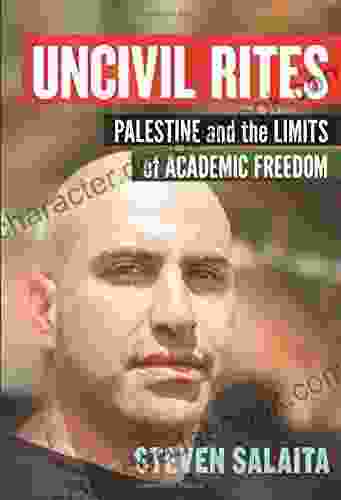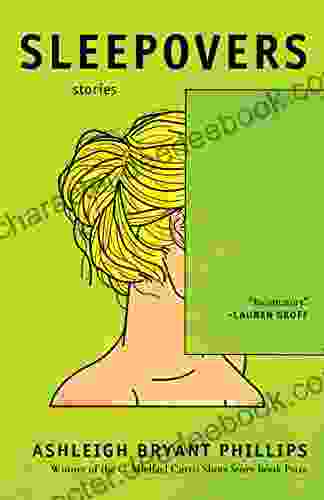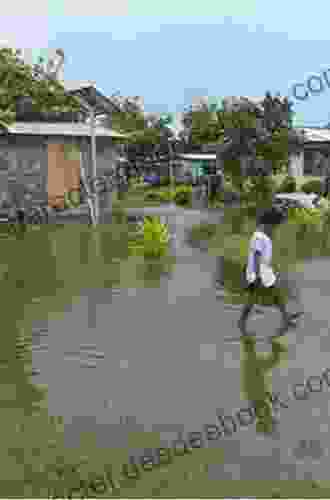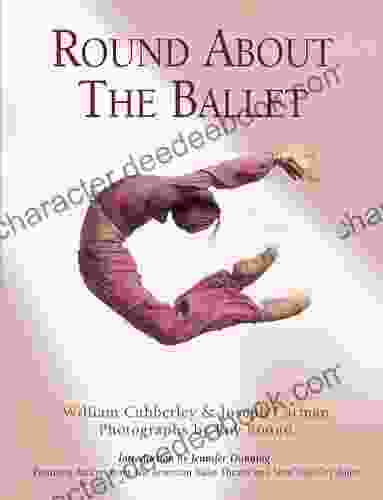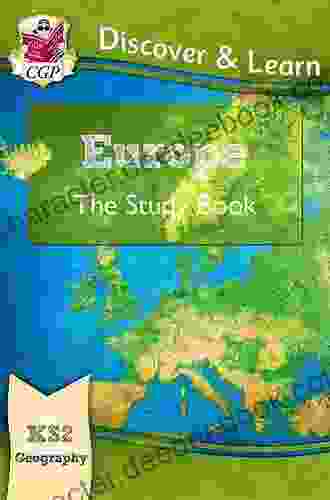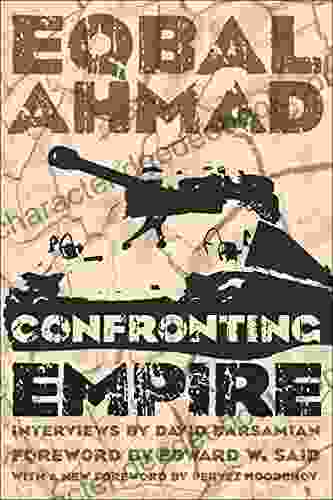Palestine and the Limits of Academic Freedom: Exploring the Tensions between Free Speech and Political Censorship

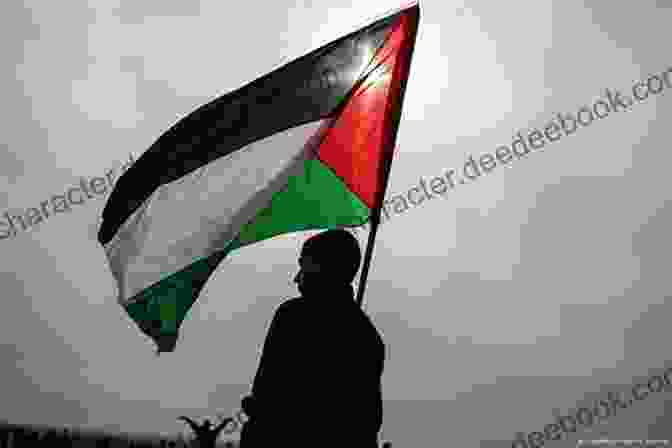
4.5 out of 5
| Language | : | English |
| File size | : | 2486 KB |
| Text-to-Speech | : | Enabled |
| Screen Reader | : | Supported |
| Enhanced typesetting | : | Enabled |
| Word Wise | : | Enabled |
| Print length | : | 264 pages |
Academic freedom is a fundamental principle of higher education. It is the right of scholars to conduct research, teach, and publish their findings without fear of censorship or reprisal. Academic freedom is essential for the advancement of knowledge and the preservation of a free and democratic society.
However, academic freedom is not absolute. In some cases, governments may have legitimate reasons for restricting speech that is harmful to national security or public order. For example, most countries have laws against hate speech and incitement to violence.
The tension between academic freedom and political censorship is particularly acute in the context of Palestine. The Israeli government has long sought to suppress academic freedom in the occupied Palestinian territories. This suppression has taken many forms, including the closure of universities, the arrest and imprisonment of scholars, and the censorship of textbooks and other materials.
The Israeli government's suppression of academic freedom in Palestine is part of a broader effort to control the Palestinian narrative. The Israeli government wants to prevent Palestinians from telling their own story and from challenging the Israeli government's policies. This suppression of academic freedom is a violation of the Palestinian people's human rights and a threat to the advancement of knowledge.
The Closure of Universities
One of the most draconian measures that the Israeli government has taken to suppress academic freedom in Palestine is the closure of universities. In 2000, the Israeli government closed all Palestinian universities in the occupied territories. These universities were not allowed to reopen until 2005, and even then they were subject to strict Israeli military control.
The closure of Palestinian universities had a devastating impact on the Palestinian education system. Thousands of students were unable to complete their studies, and many scholars were forced to leave the occupied territories. The closure of the universities also led to a decline in the quality of education in the occupied territories.
The Arrest and Imprisonment of Scholars
The Israeli government has also arrested and imprisoned Palestinian scholars who have been critical of the Israeli government or who have supported Palestinian resistance. In 2016, for example, the Israeli government arrested Dr. Omar Barghouti, a prominent Palestinian human rights activist and academic. Dr. Barghouti was charged with incitement to violence and was held in prison for several months without charge.
The arrest and imprisonment of Palestinian scholars is a clear violation of academic freedom. It sends a message to Palestinian scholars that they cannot speak out against the Israeli government without fear of reprisal.
The Censorship of Textbooks and Other Materials
The Israeli government has also censored textbooks and other materials that are used in Palestinian schools and universities. In 2016, for example, the Israeli government banned the use of a textbook that discussed the history of the Palestinian people. The government claimed that the textbook was "incitement to violence." The ban on the textbook was upheld by the Israeli Supreme Court.
The censorship of textbooks and other materials is a serious threat to academic freedom. It prevents Palestinian students from learning about their own history and culture, and it makes it difficult for Palestinian scholars to conduct research.
The Challenges that Palestinian Scholars Face
The suppression of academic freedom in Palestine has created a number of challenges for Palestinian scholars. These challenges include:
- The fear of reprisal: Palestinian scholars who are critical of the Israeli government or who support Palestinian resistance often live in fear of reprisal. They may be harassed, arrested, or even killed.
- The lack of resources: Palestinian scholars often have limited access to the resources that they need to conduct research and teaching. This is due in part to the Israeli government's closure of Palestinian universities and the censorship of textbooks and other materials.
- The isolation from the international community: Palestinian scholars are often isolated from the international community. This is due in part to the Israeli government's restrictions on travel and the difficulty of obtaining visas.
The suppression of academic freedom in Palestine is a serious threat to the Palestinian people's human rights and to the advancement of knowledge. The Israeli government must end its suppression of academic freedom and allow Palestinian scholars to conduct research, teach, and publish their findings without fear of censorship or reprisal.
References
- Amnesty International. (2016). Israel: End Attacks on Academic Freedom in Occupied Palestinian Territories. https://www.amnesty.org/en/press-releases/2016/10/israel-end-attacks-academic-freedom-occupied-palestinian-territories/
- Human Rights Watch. (2016). Israel: Halt Crackdown on Palestinian Academic Freedom. https://www.hrw.org/news/2016/10/13/israel-halt-crackdown-palestinian-academic-freedom
- Palestinian Centre for Human Rights. (2016). Restrictions on Academic Freedom in the Occupied Palestinian Territories. https://pchrgaza.org/en/?p=5928
4.5 out of 5
| Language | : | English |
| File size | : | 2486 KB |
| Text-to-Speech | : | Enabled |
| Screen Reader | : | Supported |
| Enhanced typesetting | : | Enabled |
| Word Wise | : | Enabled |
| Print length | : | 264 pages |
Do you want to contribute by writing guest posts on this blog?
Please contact us and send us a resume of previous articles that you have written.
 Novel
Novel Chapter
Chapter Text
Text Story
Story Newspaper
Newspaper Paragraph
Paragraph Bookmark
Bookmark Shelf
Shelf Glossary
Glossary Bibliography
Bibliography Foreword
Foreword Footnote
Footnote Manuscript
Manuscript Codex
Codex Tome
Tome Library card
Library card Narrative
Narrative Biography
Biography Reference
Reference Encyclopedia
Encyclopedia Dictionary
Dictionary Thesaurus
Thesaurus Resolution
Resolution Librarian
Librarian Catalog
Catalog Borrowing
Borrowing Stacks
Stacks Archives
Archives Periodicals
Periodicals Study
Study Research
Research Academic
Academic Reading Room
Reading Room Rare Books
Rare Books Interlibrary
Interlibrary Study Group
Study Group Thesis
Thesis Dissertation
Dissertation Storytelling
Storytelling Theory
Theory R Coxton
R Coxton Karen Bowman
Karen Bowman Grant Gibbs
Grant Gibbs Joyce S Pickering
Joyce S Pickering Sophie Saint Thomas
Sophie Saint Thomas Patrick Neate
Patrick Neate Kevin Jonas
Kevin Jonas Kathryn Eastburn
Kathryn Eastburn Janell Billiot
Janell Billiot D J Ward
D J Ward Cooking For Beginners
Cooking For Beginners Robert Cribb
Robert Cribb Thomas Keil
Thomas Keil Richard M Perloff
Richard M Perloff C G Thomas
C G Thomas Cherime Macfarlane
Cherime Macfarlane Premee Mohamed
Premee Mohamed Alfred Lambremont Webre
Alfred Lambremont Webre Michael Wynn
Michael Wynn Victor Appleton
Victor Appleton
Light bulbAdvertise smarter! Our strategic ad space ensures maximum exposure. Reserve your spot today!
 Jake PowellFollow ·13.4k
Jake PowellFollow ·13.4k Henry JamesFollow ·3.7k
Henry JamesFollow ·3.7k Henry Wadsworth LongfellowFollow ·15k
Henry Wadsworth LongfellowFollow ·15k Kenzaburō ŌeFollow ·6.6k
Kenzaburō ŌeFollow ·6.6k Garrett PowellFollow ·15.7k
Garrett PowellFollow ·15.7k Floyd RichardsonFollow ·9.9k
Floyd RichardsonFollow ·9.9k Anton FosterFollow ·11.4k
Anton FosterFollow ·11.4k Jake CarterFollow ·6.3k
Jake CarterFollow ·6.3k
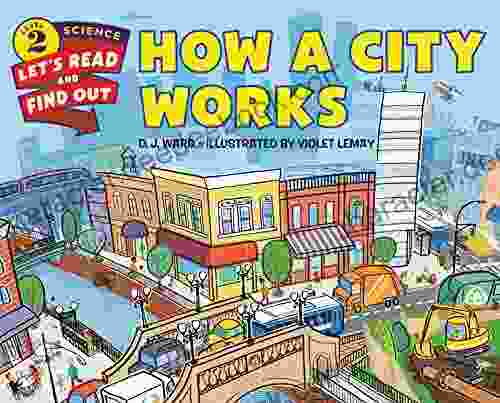
 Ronald Simmons
Ronald SimmonsHow Do Cities Work? Let's Read and Find Out!
Cities are...
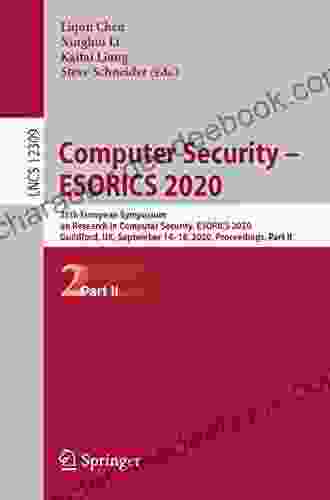
 Tom Clancy
Tom Clancy25th European Symposium on Research in Computer Security...
<p>Guildford,...
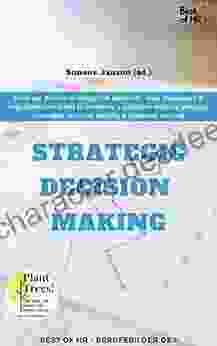
 Lawrence Bell
Lawrence BellHow We Decide: Cognitive Behavior in Organizations and...
Organizations are...

 E.M. Forster
E.M. ForsterOver 60 Little Masterpieces To Stitch And Wear:...
Embark on a Creative...
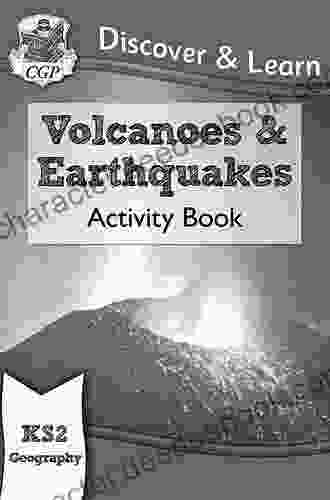
 Douglas Foster
Douglas FosterUnveiling the Educational Treasure: CGP KS2 Geography:...
In the ever-evolving educational...
4.5 out of 5
| Language | : | English |
| File size | : | 2486 KB |
| Text-to-Speech | : | Enabled |
| Screen Reader | : | Supported |
| Enhanced typesetting | : | Enabled |
| Word Wise | : | Enabled |
| Print length | : | 264 pages |


